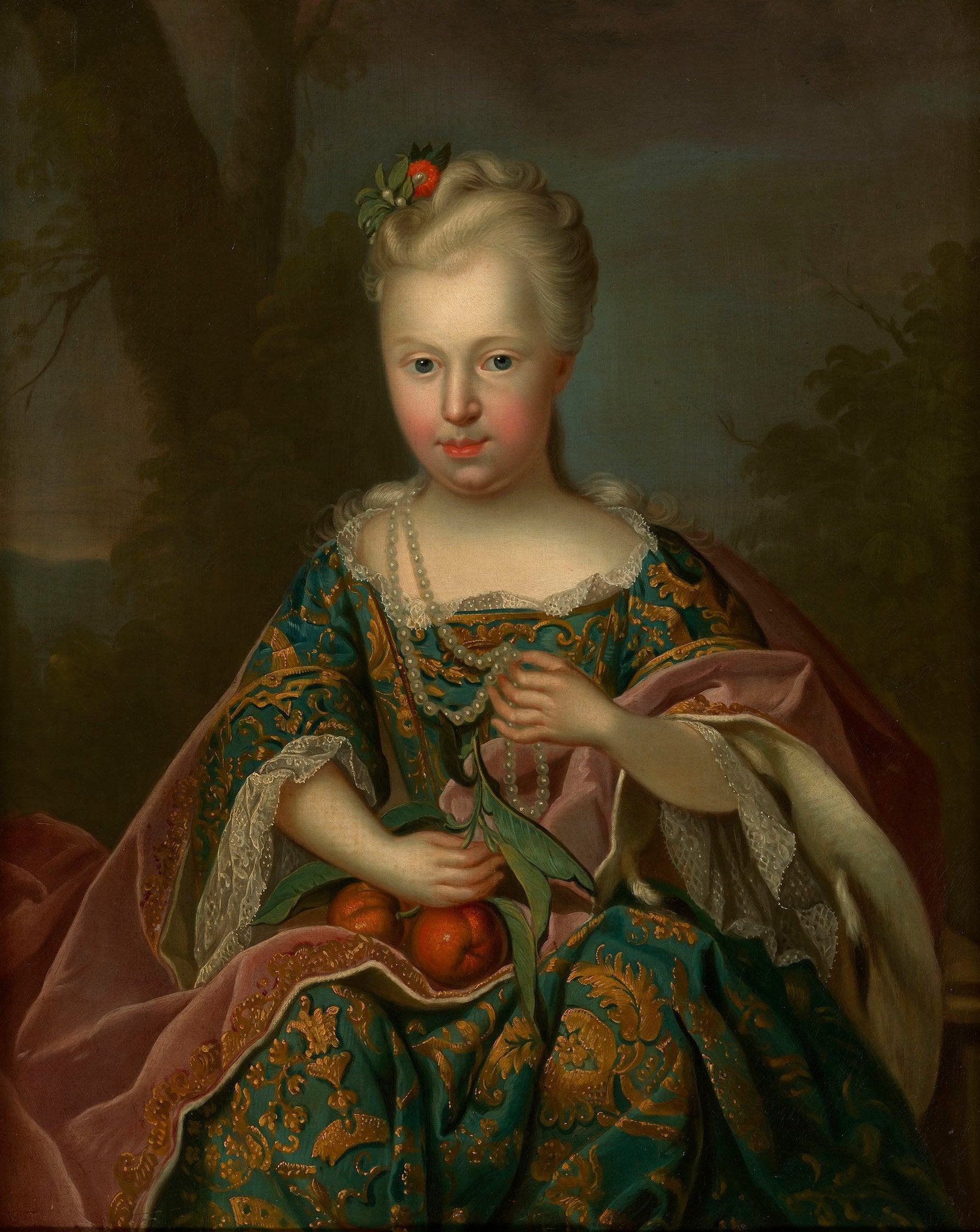The city of Augusta is named after a princess who is not well known to history, but she may have been somewhat of a catalyst to helping spark the American Revolution.
Augusta of Saxe-Gotha-Altenburg was the mother of the future King George III, and Augusta, Georgia is named for her.
According to the late Augusta historian, Ed Cashin, in his book, The Story of Augusta, the marriage of Augusta to the Prince of Wales and heir to the British throne, Frederick, was an arranged marriage.
After talks with the king of Prussia about a possible marriage of the British heir to one of his daughters broke down, George II and his wife Caroline hastily arranged the marriage of Fredrick and Augusta to prevent a marriage occurring between Fredrick and Lady Diana of Spencer, granddaughter of the duchess of Marlborough.
Of course, centuries later a “Diana of Spencer” would indeed marry the heir to the British throne, but that is perhaps a story for a later time.
According to Cashin, the marriage between Fredrick and Augusta was a genteel one and she adjusted to her role as princess and future queen consort even though she arrived on British soil knowing only her native German language. Frederick and Augusta had nine children together, but the pair were never close as Fredrick continued his affair with Lady Archibald Hamilton, who served Princess Augusta as her lady of the bedchamber.
Awkward, indeed.
According to John Van der Kiste in his book, King George II and Queen Caroline, Frederick hated his father and did not want him present at the birth of his first child, also named Augusta, so proper preparations were not made and there was no bed made available at Hampton Court Palace, so Augusta, heavy in labor, was forced to give birth on the floor lying upon a tablecloth.
Augusta dealt with a tumultuous life and prepared herself for ascension to the throne along with her husband, but she would never, in fact, be queen.
Frederick died suddenly in 1751 and the throne passed to their son, who would eventually become King George III. Augusta would serve as his regent until he reached his age of majority in 1756 and there is evidence that she attempted to hide her son’s mental issues, which would only later be recognized in the historical record.
During the time of her regency, according to Cashin, Augusta schooled the future king to be wary of his ministers and to exert control, especially when it came to matters involving the colonies.
When the Colony of Georgia was chartered, it was named after George II and James Oglethorpe, the founder of Georgia, probably in a further attempt to curry favor with the crown, named the trading post of Augusta after the king’s daughter-in-law.
However, Augusta was not popular with the court, the press or the public; in fact, she was somewhat reviled for what we now call being a “helicopter” parent.
Young King George III took his mother’s advice and tried to be more of a “hands on” king, which of course, led to the British disaster known as the American Revolution.
…And that is something you may not have known.
Scott Hudson is the Senior Investigative Reporter and Editorial Page Editor for The Augusta Press. Reach him at scott@theaugustapress.com










